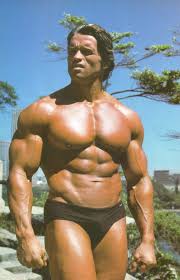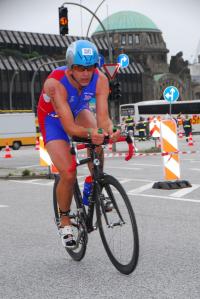Main Menu
Latest Blog Entry
User login
Advice to young coaches: break the mirrors
 “I was someone who literally spent his life in front of mirrors, practicing poses, working on the biceps or the triceps, always checking the mirror for progress.“
“I was someone who literally spent his life in front of mirrors, practicing poses, working on the biceps or the triceps, always checking the mirror for progress.“
Arnold Schwarzenegger in his autobiography “Total Recall” talks about being inspired by his Father-in Law Serge Shriver who gave this speech to Yale graduates in 1994.
“I have one small word of advice because it is going to be tough:Break your mirrors!!! Yes indeed — shatter the glass. In our society that is so self-absorbed, begin to look less at yourself and more at each other.
Learn more about the face of your neighbour and less about your own.
I suggest this: When you get to be thirty, forty, fifty, or even seventy years old, you’ll get more happiness and contentment out of counting your friends than counting your dollars.
You’ll get more satisfaction from having improved your neighborhood, your town, your state, your country, and your fellow human beings than you’ll ever get from your muscles, your figure,your automobile, your house, or your credit rating.
You’ll get more from being a peacemaker than a warrior. I’ve been both, so I speak from experience. Break the mirrors!“
19 years later and with Generation iY entering the workplace, narcissism seems to have overtaken altruism.
Coaching is about helping other people out. Unfortunately young, keen people are often worried about “making a name for themselves” or “increasing my followers on twitter“, rather than coaching the person in front of them.
Schwarzenegger was the ultimate narcissist, but life, experience and surrounding himself with good people changed him. His autobiography is a fascinating read and a real page turner.
Good advice at the end too.
5 tips on how to get started in strength and conditioning coaching
Client Testimonials
 David Ardley- triathlete
David Ardley- triathlete
I had the pleasure (I think !) of working with James for a year or so focused on getting my Triathlon times down. Its amazing what was achieved in the space of an hour before work. What stood out for me is the constant variation of exercises and his ability to set the difficulties levels just right. His sense of humour and competitive spirit always helped when my energy levels were not quite there. I can attribute his structured training to my eventual success competing in the World Triathlon championships (age group) in Hamburg.
More

